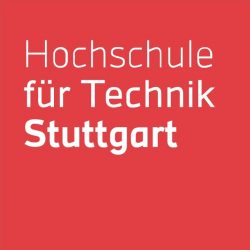
Field experiments are a research method in which the influence of one or more factors (independent variables) on an observed characteristic (dependent variable) is measured in the real world. In field experiments, the the independent factors are manipulated within the natural framework of the participants and the effects, e.g. change in behavior, either observed directly or measured with a standardized instrument (e.g. a questionnaire).
.Often standardized measurements are conducted before and after a manipulation has occurred, in order to elicit the effect in a so called repeated-measure design. Due to the fact that all measurements are conducted in the real world, external influences can not be completely eliminated, but need to be reduced as much as possible. Depending on the research design another difficulty ist be to find the observed actions in reality exactly at that moment in which they are naturally taking place and to measure and observe them on point. If done right, field experiments offer the opportunity to understand causal relationships as good as in laboratory experiments, but with a comparable higher higher external validity, meaning a higher ability to transfer the results to the real world.
Application
Field experiments can be applied to all new technologies that are already available and used in the real world. In particular cases, also new technologies can be demonstrated in a field experiment setting. See our air taxi research as an example.

